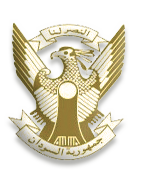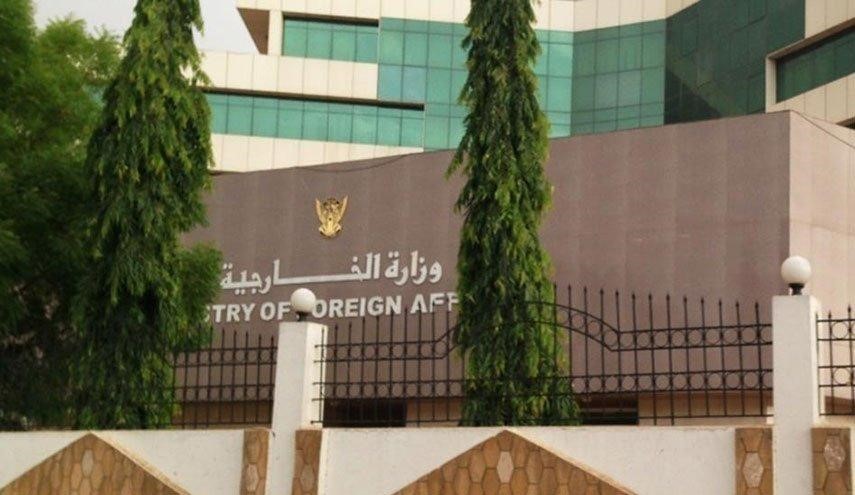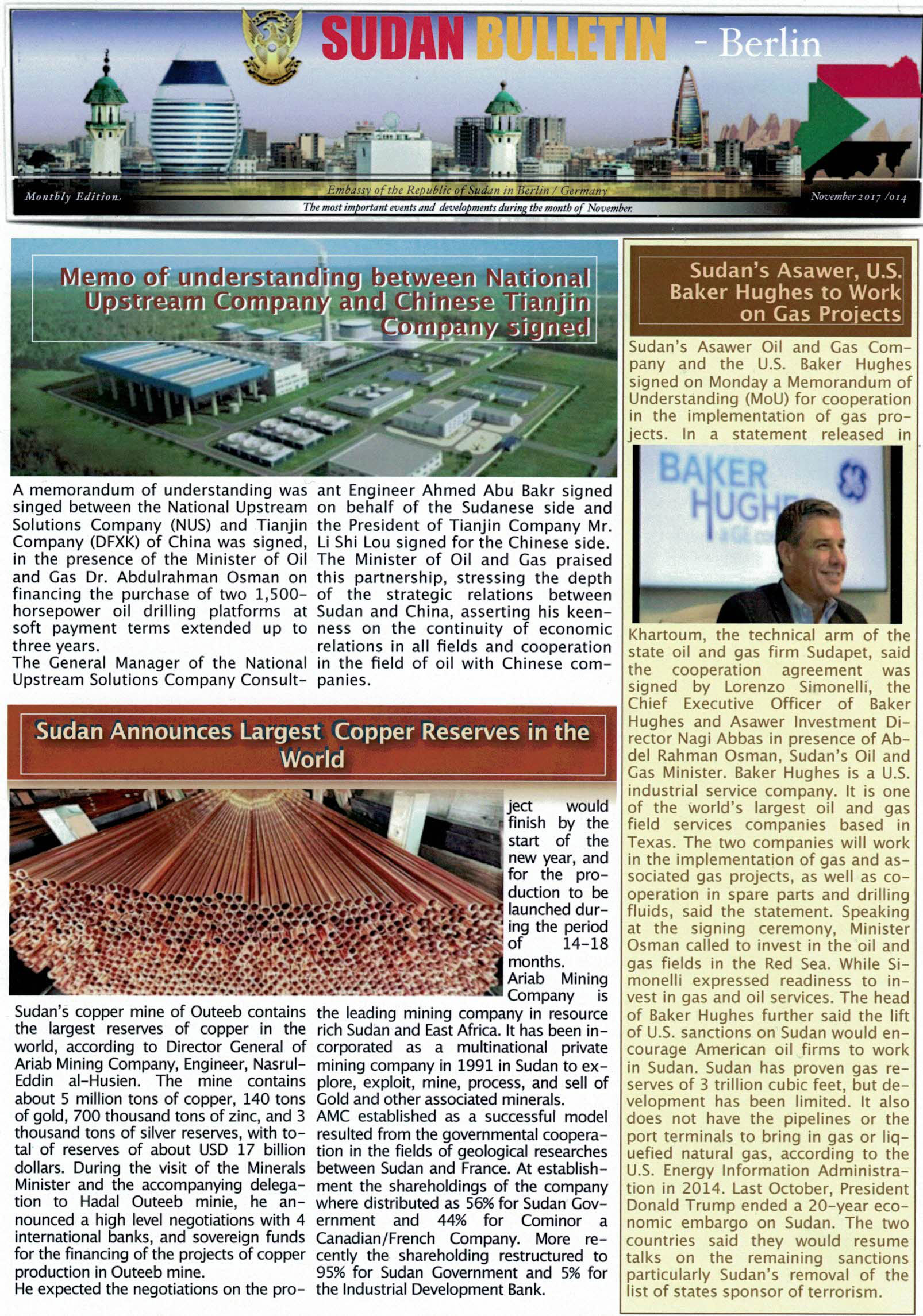Embassy of the Republic of the Sudan in Berlin
سفارة جمهورية السودان ببرلين

MINISTRY OF FOREIGN AFFAIRS
Department of Media and Spokesperson

Press release
Certain Western circles have, since last August, embarked on an orchestrated political and media campaign utilizing some of the NGOs, to push the UN Human Rights Council to adopt a lopsided and biased resolution on the current crisis in Sudan. One of the evident shortcomings of this proposal is that it equates the Sudanese Armed Forces (SAF) with the terrorist militia, along with calling for a dispatch of so-called fact-finding mission.
This move comes at a time Sudan, a member state of the United Nations, is facing a war targeting its unity, independence, security and stability launched by a militia basically comprising mercenaries from some countries in the region and is supported by known external circles.
The same is taking place while the rebel militia is adamantly continuing its unprecedented atrocities, including ethnic cleansing and mass massacres in Darfur, as well as the crimes of rape, murder, torture, forceful displacement, and detention of thousands of civilians by the militia. This is in addition to the widespread and systematic looting in the Capital City, and the forced evacuation of residential areas, using civilians as human shields, recruiting children, and destroying strategic, economic, service, cultural and educational institutions. These are serious crimes that have not yet been met with the condemnation they deserve, or any effort to stop them by the influential Western powers.
The ill-timed draft resolution is also being circulated while SAF is carrying out its constitutional, legal and moral responsibilities in defending the country and its people against what amounts to a foreign invasion, in accordance with the Charter of the United Nations.
In light of the above, the Ministry of Foreign Affairs would like to reiterate that protection and promotion of human rights in Sudan have always been and will remain a key goal and a top priority on the National Agenda. Such a fact cannot be overstated as Sudan is currently hosting an office of the UN High Commission for Human Rights, as well as the Designated Expert on the situation of human rights in Sudan. Besides, there is a special Unit on human rights within the UNITAMS, in addition to the panel of experts appointed pursuant to The UN Security Council Resolution 1591 to, inter alia, report on the situation of human rights and adherence to international humanitarian law. Over and above, Sudan has established a National Committee headed by the Attorney General to investigate war crimes, violations and all actions of the rebel and disbanded Rapid Support Forces. Therefore, no external party can question the keenness of the Government of Sudan to protect and promote the human rights of its own citizens, and to cooperate with the relevant international instruments.
In fact, the British-led proposal, though supported by a few Western countries, is now facing collective opposition from all the geographical and political groups to which Sudan belongs; the Arab Group, the Organization of Islamic Cooperation Group, the African Group. Despite this, Britain is proceeding to table the draft resolution to the Human Rights Council.
The Ministry of Foreign Affairs, therefore, through this statement renews its categorical rejection of the draft resolution. This is because of its misguided characterization of the situation in Sudan, its excessive prejudice against SAF. The draft resolution further fails to recognize the urgent priorities concerning resolving the crisis in Sudan. These are the imperative of putting an end to the imposed war in the country, stopping the ongoing atrocities, evacuation of the homes of citizens and civilian institutions, including hospitals and places of worship, from militia, and facilitating the delivery of humanitarian aid as stipulated in the Jeddah Declaration on Humanitarian Principles signed since last May 11 and silencing the guns.
